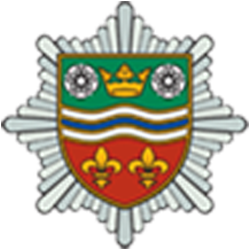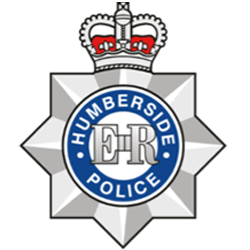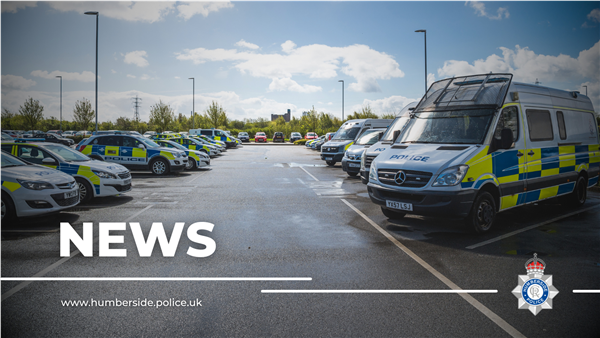|
||||
|
||||
|
|
||||
|
Fraud is becoming an increasingly prevalent crime in our society, affecting both individuals and businesses. With the rise of online transactions, cryptocurrency, and more advanced tactics used by offenders, tackling fraud has never been more important. In light of this growing issue, we spoke to Detective Inspector Mark Hawley to learn more about the Economic Crime Unit (ECU) and how the team is working to combat fraud in all its forms. So, Mark, what exactly is the Economic Crime Unit (ECU)? "The Economic Crime Unit (ECU) is a specialist team within the police force focused on investigating fraud and financial crimes. Our team consists of nine dedicated members, including financial intelligence officers, disclosure officers, action fraud officers, detective constables, a detective sergeant, and myself. Additionally, we collaborate with the Cyber Crime Team, which includes two cyber investigators and a cyber prevention officer. "We deal with fraud cases that are often complex, involving organised crime, digital transactions, and financial crimes that aren’t always immediately visible. Our work plays an important role in identifying and disrupting criminal activities that use financial systems to hide or fund illegal operations. What Does the ECU Do? "We work closely with other specialist units, including the Asset Recovery Investigation Unit, to target criminals whose activities move beyond traditional ‘contact’ crimes and into the financial sector, making them harder to detect. "Fraudsters use a variety of methods, from cryptocurrency and digital platforms to traditional cash-based crimes. Regardless of how they operate, our role is to trace the financial footprint they leave behind and uncover the networks that fund their criminal activity. "One of our key operations is Op Signature, which aims to protect vulnerable individuals from fraud. This initiative, supported by officers from Neighbourhood Police Teams, targets fraudsters who prey on society's most vulnerable. These criminals often exploit the trust of vulnerable people, leading to severe financial and emotional consequences. We focus on identifying these victims, supporting them through the recovery process, and taking steps to prevent further exploitation. Why should Fraud be reported? "Fraud is often mistakenly seen as a 'less serious' crime, but it’s just as impactful as any other crime. Victims of fraud can experience financial ruin, emotional distress, and a sense of betrayal. It’s critical that fraud is reported and investigated with the same priority as other serious crimes. "I want to encourage anyone who suspects they’ve been a victim of fraud to come forward. There’s absolutely no shame in being a victim of fraud. If you think you’ve been targeted, don’t hesitate to report it - we are here to help and support you. Every case is important and should be reported, no matter how small it might seem. "The ECU isn't just about investigating crimes; it's also about educating the public. We work to provide people with the knowledge and tools they need to protect themselves from fraudsters. From recognising the signs of fraudulent activity, often referred to as a scam, to knowing how to safeguard your personal information, we are dedicated to helping the community stay one step ahead of fraud. What Can the Public Do? "Fraud is an ever-growing concern, and fraudsters are always evolving their tactics. If you suspect that you or someone you know is a victim of fraud, please report it to us as soon as possible. Your information is vital in preventing future crimes and helping us bring offenders to justice. "We’re also here to provide ongoing advice. Keep an eye out for fraud prevention tips on our social media channels over the coming months, as we continue to share important information that will help protect you and your loved ones. Fraud is a serious crime, and with the continued support of the public, we can stop fraudsters in their tracks. If you’ve been affected by fraud, or if you have any concerns, don’t hesitate to reach out. Reporting fraud can make a real difference and help protect others from falling victim.’’ If you believe that you or someone you know has fallen victim to fraud, please don’t hesitate to reach out. You can visit your nearest police station, contact us on our non-emergency 101 line, or report online through our Website or Action Fraud For anonymous information, you can contact the independent charity Crimestoppers by calling 0800 555 111. If you or someone else is in immediate danger, always dial 999.
| ||||
Reply to this message | ||||
|
||||
|
|
|














